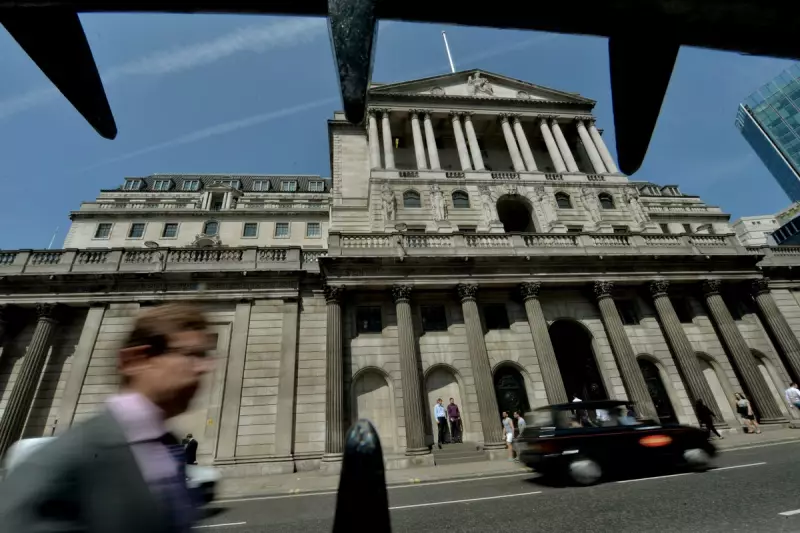
The prestigious Institute for Public Policy Research (IPPR) has issued a powerful challenge to the UK's economic establishment, calling for a fundamental rewrite of the Bank of England's core mission. The damning report, titled "A New Macroeconomic Framework," argues that the Bank's singular focus on controlling inflation is dangerously outdated and ill-suited for modern challenges like the climate crisis and stark regional inequality.
The proposed reforms are nothing short of revolutionary. The IPPR demands the government scraps the current remit and replaces it with a new, broader mandate that would legally oblige the Bank to actively support strategic public investment, foster a faster transition to a green economy, and deliberately tackle the UK's vast regional economic disparities.
A Direct Challenge to Current Policy
This critique strikes at the heart of the Bank's recent actions. Under Governor Andrew Bailey, the Bank has aggressively raised interest rates to a 16-year high in a relentless campaign to subdue inflation. The IPPR contends this aggressive monetary tightening has come at a severe cost, unnecessarily deepening the recent recession and stifling vital investment.
Dr. George Dibb, head of the IPPR's Centre for Economic Justice, was unequivocal: "The Bank's outdated mandate is no longer fit for purpose. We've ended up with the worst of all worlds: a preventable recession and a failure to seize the opportunities of the future, like leading the global green transition."
Political Pressure on the Chancellor
The report heaps immediate pressure onto Chancellor Jeremy Hunt and, crucially, the likely next Chancellor, Labour's Rachel Reeves. It presents an ambitious blueprint for the first 100 days of a new government, urging them to be bold and use their first Budget to initiate these sweeping changes.
This places Rachel Reeves in a particularly interesting position. While she has vowed to maintain strict fiscal rules and grant the Bank of England operational independence, this report pushes her to redefine what that independence actually means. The IPPR argues that independence should not mean being bound by a narrow and damaging mandate.
The think tank's vision extends beyond the Bank. It calls for the creation of new, powerful public institutions: a British Sovereign Wealth Fund to channel investment and a National Economic Council, chaired by the Prime Minister, to better coordinate the nation's economic strategy.
With a general election looming, this intervention sets the stage for a major debate on the future of the UK's economy. The IPPR has effectively thrown down the gauntlet, challenging policymakers to choose between the comfort of old orthodoxy and the bold reforms they believe are essential for future prosperity.





